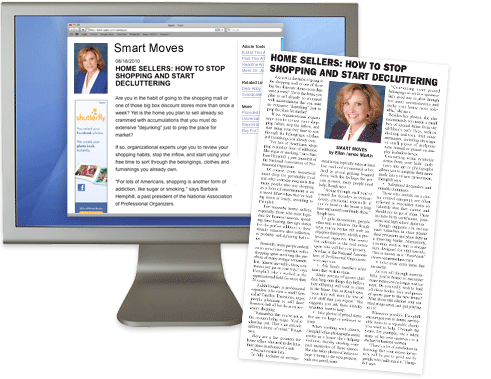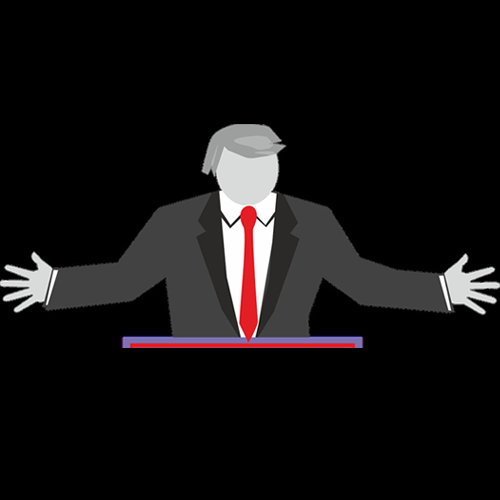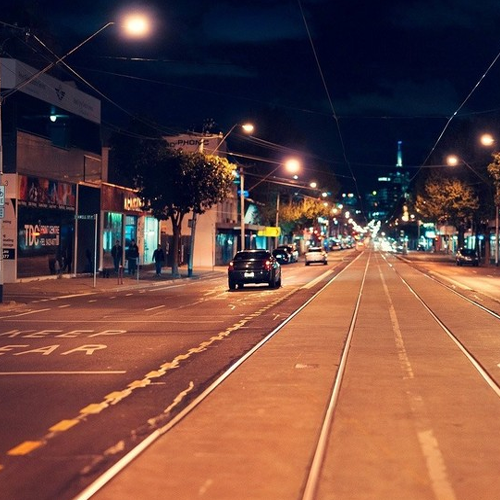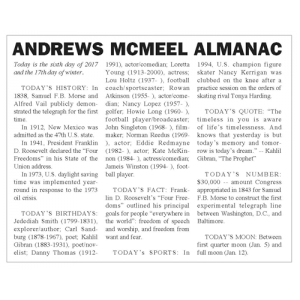Curfews and Bans Don’t Make Us Safer
Browse MoreDescription
In their haste to contain the coronavirus, public officials are trampling on civil liberties.
North Carolina Gov. Roy Cooper’s March 14 executive order prohibits gatherings of more than 100 people. It includes exemptions for libraries and shopping malls, but churches, synagogues, mosques and other places of worship were conspicuously left off the list.
Violating the order is a Class 2 misdemeanor. It’s hard to imagine police swarming a Sunday morning service and arresting parishioners. Good thing, too, because legal scholars say the executive order would be swiftly overturned if that were to transpire. Churches have more constitutional clout than malls.
“Limiting crowd size is one thing, but closing down expressive institutions would be another,” explains Ken Paulson, director of the Free Speech Center at Middle Tennessee State University. “Government can’t shut down churches and I don’t believe they have the right to completely shut down movie theaters or bookstores.”
The city of San Francisco and six Bay Area counties have enacted “shelter in place” orders that prohibit nonessential travel. People are allowed to shop for groceries and pick up their prescriptions from the pharmacy — and not much else.
While the orders don’t require government permission to leave home, they direct police and sheriff’s deputies to “ensure compliance” and include the threat of misdemeanor charges.
A San Francisco Chronicle story called the orders “the strictest measure of its kind yet in the continental United States.” But the Illinois city of Champaign might give the Bay Area a run for its money.
The Champaign City Council approved an ordinance granting emergency powers to the mayor and city manager. At their whim, these executives could declare a mandatory curfew, require businesses to close, prohibit the sale of guns and ammunition, shut off public utilities and even seize private property.
New York, New Jersey and Connecticut have ordered bars to close and are discouraging nighttime travel. Overnight curfews have been established in Portland, Maine, Columbia, South Carolina and the Atlanta suburb of North Fulton, Georgia.
Free speech lawyer Ari Cohn says curfews probably wouldn’t survive federal court challenges.
“It infringes on the liberty to move and travel, so it must be narrowly tailored to achieve a compelling government interest and the least restrictive means available to achieve the interest,” Cohn wrote on Twitter. “Hard to see how a blanket curfew on being outdoors satisfies that burden.”
Along with new cases of COVID-19, authoritarian laws, ordinances and emergency orders are sweeping the nation.
Some of these heavy-handed rules may violate the First Amendment. Its protections for the freedom to peaceably assemble and the free exercise of religion are robust though not absolute.
Crowd-size caps are lawful as long as they’re applied uniformly and don’t discriminate against groups on the basis of religious or political viewpoint. Paulson compares them to fire codes that limit the number of people who can safely occupy a building.
It’s unclear how bans on large gatherings can be fairly enforced. Would police saddle event organizers with criminal charges and give participants the opportunity to disperse? If the limit is 100 people, are the first 100 attendees in compliance, while No. 101 is a lawbreaker, or does a last-minute rush of people magically transform all the early birds from good citizens to scofflaws?
Curfews are more cut and dried, but enforcing them would be counterproductive. A man or woman traveling alone isn’t a risk until a police officer chooses to approach, exposing both to possible coronavirus transmission. We’re supposed to stay at least 6 feet apart from one another. In a traffic stop, the “long arm of the law” wouldn’t be long enough to reach for your driver’s license.
Governors and mayors will shrug off constitutional concerns and pooh-pooh the hypotheticals, stressing that they’re aiming for voluntary compliance. Let’s call their bluff — if that’s true, why not make the restrictions voluntary?
The Centers for Disease Control and Prevention guidelines don’t have the force of law, but most Americans are doing their level best to follow them anyway. People are sneezing into the crooks of their elbows and avoiding large crowds because they don’t want to get sick.
You don’t need the threat of arrest to exercise personal responsibility. It takes hand-washing, not handcuffs, to keep the coronavirus at bay.
Corey Friedman is an opinion journalist who explores solutions to political conflicts from an independent perspective. Follow him on Twitter @coreywrites. To find out more about Corey Friedman and read features by other Creators writers and cartoonists, visit the Creators webpage at www.creators.com.







Reviews
There are no reviews yet.